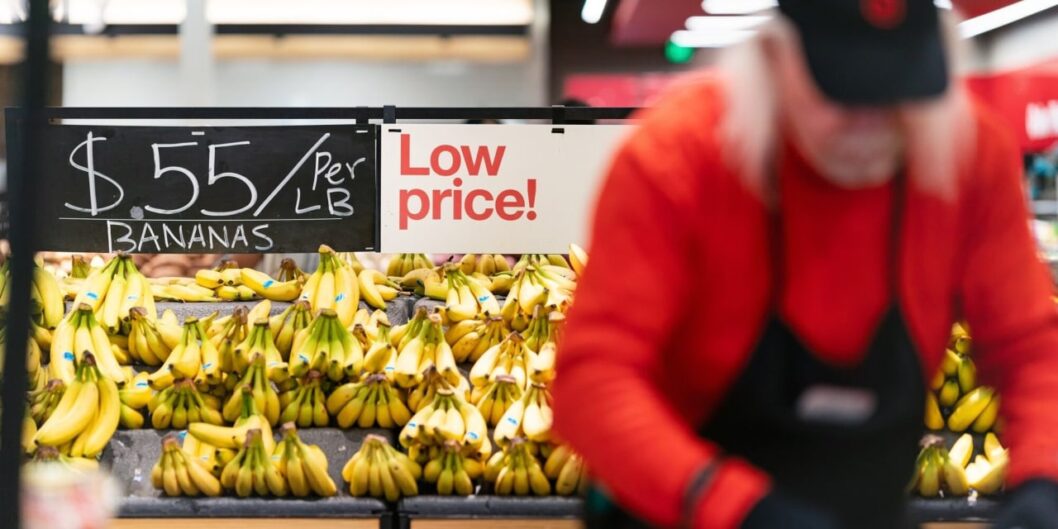Target Executives Prepare for Trade Challenges Following Trump’s Tariff Announcement
In a pivotal moment for the retail sector, Target Corporation’s leadership faces new challenges following President Donald Trump’s announcement to impose tariffs. As the news broke during a gathering in New York City, executives quickly regrouped to strategize on the implications for their business. This situation underscores the intersection of politics and commerce, where global trade policies can have immediate ramifications for retailers.
Context of the Announcement
On Monday night, just hours before a significant meeting with investors, Target’s CEO Brian Cornell and his team were notified of Trump’s decision to implement tariffs, which had been a topic of speculation since his election victory. This development prompted the retail giant to reassess its strategies as they awaited an influx of investors eager to learn about the company’s plans moving forward. The urgency of the situation was apparent, highlighting the importance of adaptability in a rapidly changing economic landscape.
Target’s Preparedness and Reactions
In response to the evolving trade landscape, Target had already established a leadership task force dedicated to exploring various trade scenarios several months before the tariffs were announced. This foresight reflects the company’s proactive approach in preparing for potential challenges stemming from altered trade relations. Executives emphasized the need to assess the situation thoroughly and develop a plan to communicate effectively with investors about how these tariffs might impact the company’s supply chain and pricing strategies.
The juxtaposition of political decisions and corporate strategy raises questions about how deeply interconnected the market has become with governmental policy. Analysts noted that the reliance on imports for certain products could mean increased costs for retailers, which may ultimately be passed onto consumers.
Investor Concerns and Market Response
The response from investors and the market to Trump’s tariff announcement was immediate. Target’s stock saw a decline of approximately 3% in early trading, reflecting concerns over rising costs and consumer pricing. This could potentially impact Target’s competitiveness in the saturated retail market, where profit margins are already under pressure.
In light of these developments, Cornell and his team were tasked with providing transparency about how the tariffs might affect Target’s operations, a point that was echoed by various analysts during the investor meeting. They emphasized the critical need for clear communication to maintain investor trust and confidence.
Conclusion: Implications for the Retail Sector
The announcement of tariffs represents more than just a challenge for Target; it serves as a bellwether for the entire retail industry navigating an increasingly complex global trade environment. As companies face the potential disruptions from tariffs, effective crisis management and a strong response strategy will be essential for maintaining operational stability.
In an era where corporate decisions are often intertwined with political dynamics, the unfolding situation at Target presents an opportunity for other retailers to examine their supply chains and strategic responses to similar challenges. The potential long-term impacts on pricing, consumer behavior, and overall market health remain to be seen, but it is clear that organizations must remain vigilant in adapting to this new reality.









